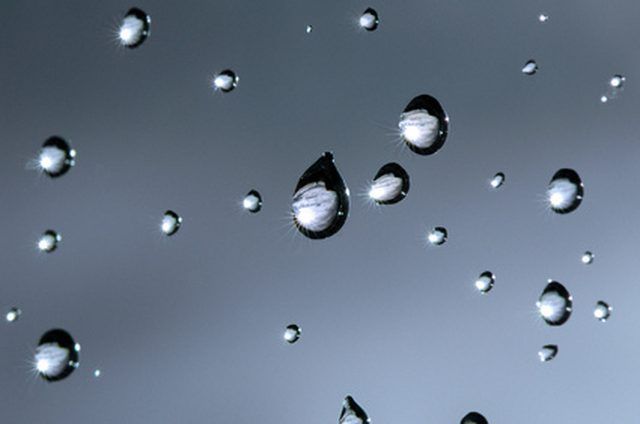Bulbs
Flower Basics
Flower Beds & Specialty Gardens
Flower Garden
Garden Furniture
Garden Gnomes
Garden Seeds
Garden Sheds
Garden Statues
Garden Tools & Supplies
Gardening Basics
Green & Organic
Groundcovers & Vines
Growing Annuals
Growing Basil
Growing Beans
Growing Berries
Growing Blueberries
Growing Cactus
Growing Corn
Growing Cotton
Growing Edibles
Growing Flowers
Growing Garlic
Growing Grapes
Growing Grass
Growing Herbs
Growing Jasmine
Growing Mint
Growing Mushrooms
Orchids
Growing Peanuts
Growing Perennials
Growing Plants
Growing Rosemary
Growing Roses
Growing Strawberries
Growing Sunflowers
Growing Thyme
Growing Tomatoes
Growing Tulips
Growing Vegetables
Herb Basics
Herb Garden
Indoor Growing
Landscaping Basics
Landscaping Patios
Landscaping Plants
Landscaping Shrubs
Landscaping Trees
Landscaping Walks & Pathways
Lawn Basics
Lawn Maintenance
Lawn Mowers
Lawn Ornaments
Lawn Planting
Lawn Tools
Outdoor Growing
Overall Landscape Planning
Pests, Weeds & Problems
Plant Basics
Rock Garden
Rose Garden
Shrubs
Soil
Specialty Gardens
Trees
Vegetable Garden
Yard Maintenance
Mineral Composition of Rain Water
Mineral Composition of Rain Water. Rainwater generally contains few minerals. This low mineral content makes rainwater ideal for collection and reuse in gardening, according to "Rainwater Harvesting Policies," a 2008 U.S. Environmental Protection Agency handbook, and the Rain Barrel Guide website. As rainwater falls and soaks into aquifers it can...

Rainwater generally contains few minerals. This low mineral content makes rainwater ideal for collection and reuse in gardening, according to "Rainwater Harvesting Policies," a 2008 U.S. Environmental Protection Agency handbook, and the Rain Barrel Guide website. As rainwater falls and soaks into aquifers it can collect more minerals from the ground and later pipes as it comes through your household taps.
Mineral Types
What trace minerals pure rainwater contains, it picks up from the environment through evaporation and transpiration. According to a 2008 EPA study that looked at rainwater composition in North Carolina during a hurricane, minerals such as nitrate, mercury, chloride and sulfate were present. The latter two correspond with sea salt.
Geographic Considerations
Mineral compositions can strongly vary by location --- ocean and coastal areas receive rainwater high in salt, for example --- as well as climate.
Conclusion
There is no one simple answer for which minerals can be found in rainwater, beyond the fact that the amounts are small enough for most sources to consider it soft water.